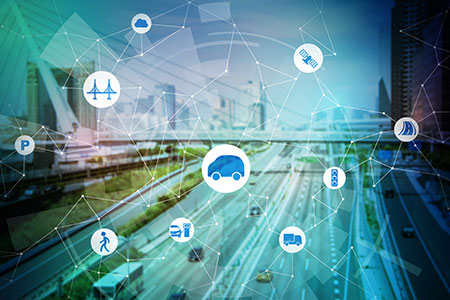What Should We Learn? Special Issue on Signal and Information Processing for Critical Infrastructures

Critical infrastructures such as the smart electric power grid, gas and water utility networks, transportation networks, and communication networks are crucially supporting quality of life and economic growth. Future critical infrastructures are envisioned to integrate sensory data acquisition, communication and computation technologies, and signal processing to offer improved services to their end-users. Such an integration promises to have profound effects in improving societal welfare by enabling more efficient, open, consumer-centric, environmentally-friendly and resilient modern critical infrastructures. Thus, the design mantra for the evolution of critical infrastructures can be described, in part, as knowledge is power.
At the heart of many technological challenges underlying the vision of evolved critical infrastructures is the need for signal and information processing. For instance, newproblems in smart power grids require the use of distributed signal processing and big data analytics to process continuous streams of information from a variety of sources including phasor measurement units, smart meters, smart building sensors, and electric vehicle systems. Moreover, the increased penetration of renewable sources, distributed storage, controllable loads such as plug-in electric vehicles, calls for novel optimal resource management methods that provide security and privacy while yielding system-wide benefits. The relationship of smart grid systems to related critical infrastructures such as transportation and water must be addressed from both cyber and physical perspectives. Classical signal and information processing problems are thus adapting to support dynamic system requirements and complex infrastructure dependencies with evolving characteristics.
The 17 papers in this special issue of Journal of Selected Topics in Signal Processing in August, 2018,
cover a wide range of topics at the nexus of optimization, estimation and detection theory, control, game-theory and machine learning and are categorized into four application areas.


